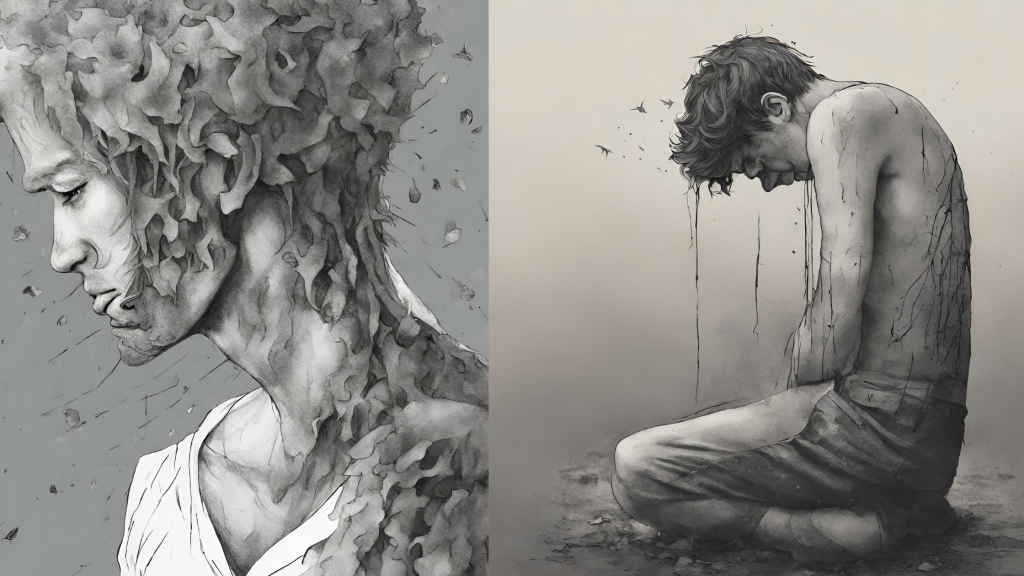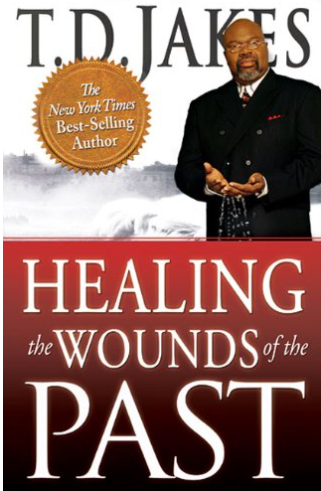We all accumulate wounds from the past. These can stem from experiences of loss, trauma, betrayal, or failure, leaving scars that may not always be visible but are deeply felt. While these wounds are a natural part of the human experience, they don’t have to dictate our future. Healing from these injuries is not only about overcoming pain but also about learning, growing, and opening ourselves to the possibility of a brighter tomorrow. One of the most effective ways to navigate this process is through counseling, a vital tool that offers guidance, support, and strategies for healing.
Understanding the Wounds
The wounds we carry from our past experiences are as diverse as they are profound, each leaving its unique mark on our psyche and soul. These scars can profoundly influence who we are, how we see the world, and how we interact with those around us. To navigate the journey of healing, it’s crucial to delve deeper into understanding these wounds, their origins, and their lasting impacts.
The Varied Nature of Wounds
- Childhood Trauma: Experiences of neglect, abuse, or instability during childhood can leave deep-seated wounds that affect one’s self-esteem, trust in others, and even the ability to form secure attachments in adulthood. Such trauma can create patterns of fear, avoidance, or over-dependence in relationships.
- Broken Relationships: The end of a significant relationship, whether romantic, familial, or platonic, can cause wounds that touch on issues of abandonment, self-worth, and the capacity to trust. These wounds can lead to fear of intimacy or commitment, influencing future relationships.
- Loss of a Loved One: Grief from losing someone we love can feel like a wound that never fully heals. This type of pain can challenge our understanding of the world and our place within it, leading to existential questioning and a profound sense of emptiness.
- Personal Failure: Experiences of failure, whether in our careers, personal goals, or other endeavors, can wound our sense of competence and confidence. These scars may deter us from taking risks or pursuing our ambitions, trapped by the fear of repeating past mistakes.
The Impact of Unaddressed Wounds
When these wounds are not acknowledged and addressed, they can evolve into persistent sources of pain, manifesting in various harmful ways:
- Anxiety and Depression: Unhealed wounds can contribute to feelings of anxiety and depression, as the pain and unresolved emotions associated with these experiences can overwhelm one’s coping mechanisms, leading to a pervasive sense of hopelessness or constant worry.
- Unhealthy Coping Mechanisms: In an attempt to escape their pain, individuals may turn to unhealthy coping mechanisms such as substance abuse, disordered eating, or self-harm. These behaviors offer temporary relief but ultimately exacerbate the underlying issues.
- Impact on Relationships: The fear, trust issues, or low self-esteem stemming from past wounds can hinder one’s ability to form healthy, fulfilling relationships. Individuals may find themselves in a cycle of toxic relationships, isolation, or emotional dependency.
- Influence on Beliefs and Behaviors: Our experiences shape our beliefs about ourselves, others, and the world. Negative experiences can lead to limiting beliefs that influence our behaviors in self-sabotaging ways, such as avoiding opportunities for growth or accepting less than we deserve.

The Healing Process
Healing is a journey, not a destination. It involves acknowledging the pain, understanding its impact, and taking deliberate steps towards recovery. This process is unique to each individual and can be nonlinear, with ups and downs. However, with the right support and tools, healing can lead to profound personal growth and resilience.
The Importance of Counseling
Counseling plays a pivotal role in the healing journey. A counselor can provide a safe and supportive space for individuals to explore their feelings, understand their past, and work towards healing. Here are some ways counseling facilitates this process:
Creating a Safe Space
One of the first steps in healing is feeling safe enough to open up about past wounds. Counselors create a non-judgmental and confidential environment where individuals can share their experiences and feelings without fear.
Facilitating Self-Discovery
Counselors help individuals explore the root causes of their wounds, understand the patterns that have emerged as a result, and recognize how these have influenced their current behaviors and relationships. This self-discovery is crucial for healing and growth.
Developing Coping Strategies
Counseling offers tools and strategies to manage the emotions and challenges that arise during the healing process. Whether through cognitive-behavioral techniques, mindfulness, or other therapeutic approaches, individuals learn healthier ways to cope with pain and stress.
Encouraging Forgiveness
Forgiveness, both of self and others, can be a powerful step in healing the wounds of the past. Counselors can guide individuals through the complex process of forgiveness, helping them to release anger and resentment and move forward.
Promoting Growth and Resilience
Ultimately, counseling helps individuals not just to heal from past wounds but also to grow from them. Through the healing process, people can develop greater self-awareness, compassion, and resilience, turning their past pain into sources of strength.
Embracing the Journey
Healing the wounds of the past is a courageous journey that requires patience, self-compassion, and effort. While counseling can provide the support and guidance needed on this path, the commitment to healing comes from within. It’s about making a conscious choice to confront the pain, learn from it, and allow it to transform you.
In embracing this journey, individuals can find not only relief from their past pains but also a deeper sense of peace, purpose, and fulfillment in their lives. Remember, healing is possible, and with the right support, the wounds of the past can become the wisdom of the future.

